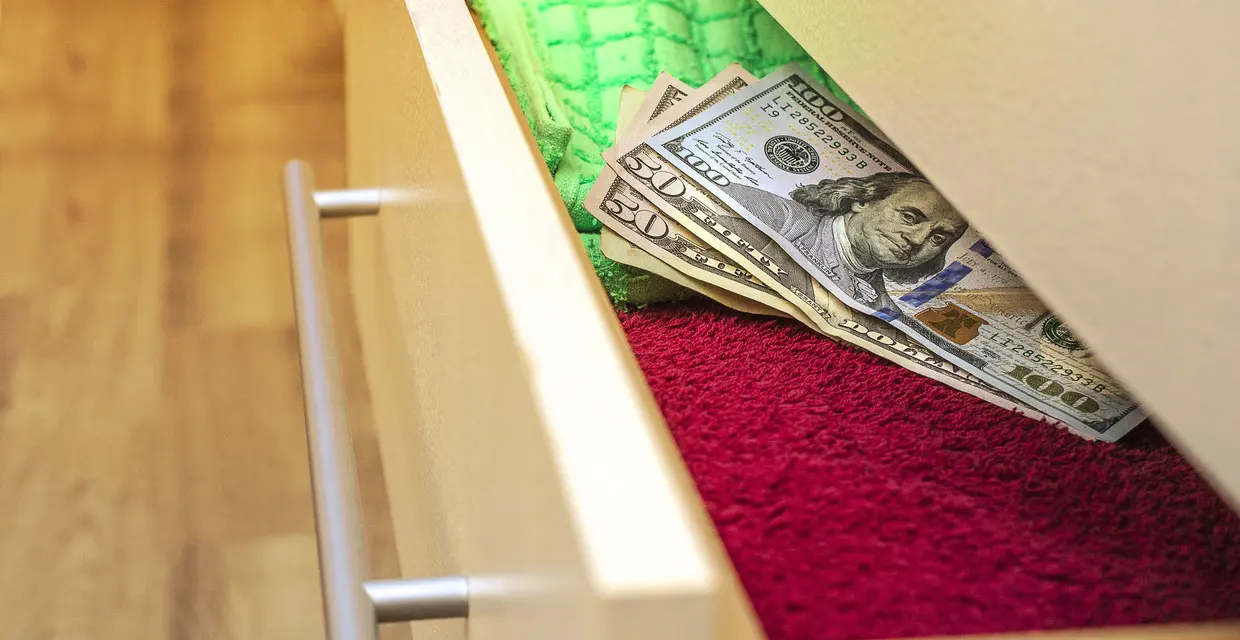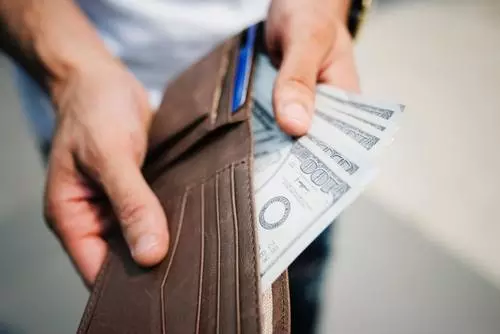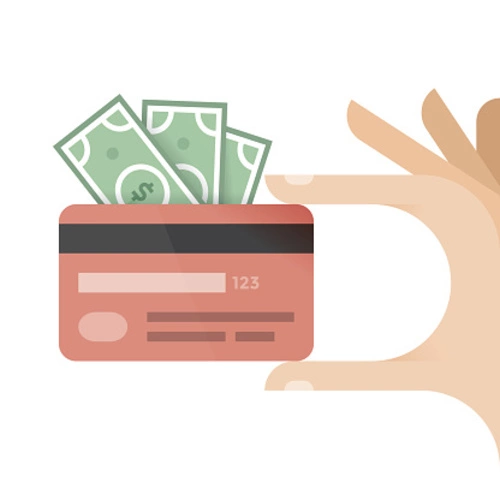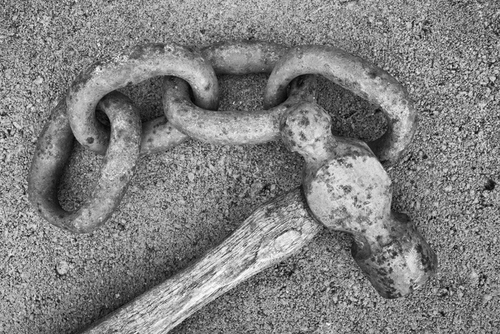1. Select a discrete app icon.

notes
How to Stash Cash
Gearing up to leave an abuser? There are ways to set aside money in secret
- Jan 29, 2020

Whether you plan to go to a shelter or stay with a friend, it’s possible to leave an abuser without a dime to your name. Of course, having money in your pocket will make starting over a little easier. So if you’re planning to escape at a future date, you’ll want to sock away some cash ahead of time. Even if your partner controls the finances, there are ways to set aside some money without him or her being the wiser.
“When it comes to planning your escape, it comes down to a battle of wits,” says Dawn Burnett, transformational divorce coach and domestic abuse survivor. “You have to be one step ahead of your attacker.”
Here’s how.
Funding Your Future
Lots of abusers control the household finances as another way to have power over their partners. A survivor may be required to turn over their paycheck, or an abuser may keep a survivor from earning money at all. Both of these behaviors, by the way, are financial abuse. So if an abuser holds the purse strings, one may wonder where they’re going to get any money to stash in the first place. But there are ways to acquire cash. The caveat, of course, is making it safe to do, something only a survivor can assess.
- Sell your stuff. Take books and media to a used bookstore, clothing to a thrift shop or old jewelry to a metal exchange. Just be sure they pay in cash and not store credit.
- Beg, borrow and deal. Ask friends and loved ones for a loan or gift, or ask them for money in exchange for favors you’ll do for them later, such as housesitting while they’re on vacation or mowing their yard.
- Collect old debts. Whether you loaned your college roommate rent money once or paid your sister’s car insurance for a year, ask them to pay you back.
- Work in secret. Websites like Task Rabbit connect people who need help with odd jobs with workers willing to do them. Many can be done in a short period of time or while you’re doing other things, such as grocery shopping for someone on short-term disability or driving someone to the doctor. Just be sure to access the site or app on a device the abuser doesn’t have access to, such as a work or library computer.
- Sell (some of) your body to science. Instead of donating blood, sell your blood plasma at a certified plasma donation center. Men can make money by donating sperm. Or you could participate in a medical or psychological study on a college campus. Many are quick and easy and pay in cash on the spot.
- Set aside your change. Even if can only manage to skim a few coins off of each purchase you make, it’s better than nothing. Every little bit helps and adds up.
What to Do with Your Earnings
Making money is step one, but keeping it out of an abuser’s hands is step two. Burnett suggests asking a trusted friend to hold onto the money to eliminate the risk of an abuser finding it. If that’s not an option, get creative.
Donate and change a life
Your support gives hope and help to victims of domestic violence every day.
“If you don’t have a safe person to stash the money with, then you want to choose something clever like mock books which you can buy to hide cash,” she says. “Or roll up the money and put it in a sock in a sock drawer, or folded up in tin foil placed in the far back of the freezer. There are so many ways to hide it, depending on your living arrangements and how intelligent the attacker is.”
Another option is to open a bank account in your name only. While you’ll have to provide a physical address to open an account, you can set your billing address to a P.O. box or a friend’s house, or you can enroll in paperless billing and have statements sent to an email box you set up specifically for this purpose. Jake Lizarraga, writer for Canadian personal finance magazine Finance Fox has a few more tips:
“Don’t keep the physical bank card with you, if possible. Or, don’t use a card at all. Instead, provide your social security number to the teller to deposit whatever cash you have,” he says. “Don’t download any apps for the bank account. If you must check your account online, do it on private browsing, so they won’t know should they check. Lastly, ask that your bank to place a note on your account that says you are a DV survivor and if, on the off chance your partner comes in looking for information, to please not let them know you are a customer there. Not all banks will honor that, but better to have all your bases covered.”
Wondering if it’s possible to rebuild your credit after leaving an abuser? It is. Check out how in “Gimme Some Credit.”
Looking for someone to speak with? Enter your location to find phone numbers for domestic violence experts in your area.
Have a question about domestic violence? Type your question below to find answers.








